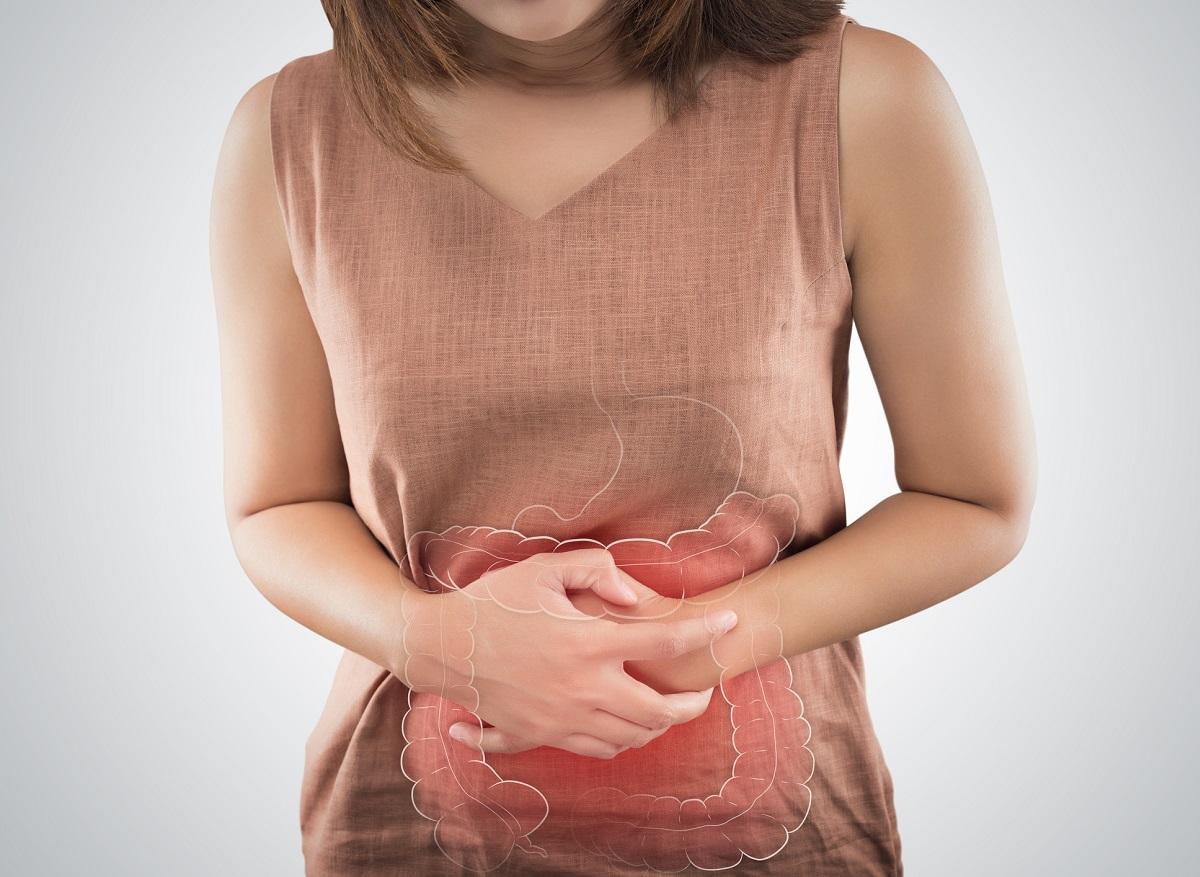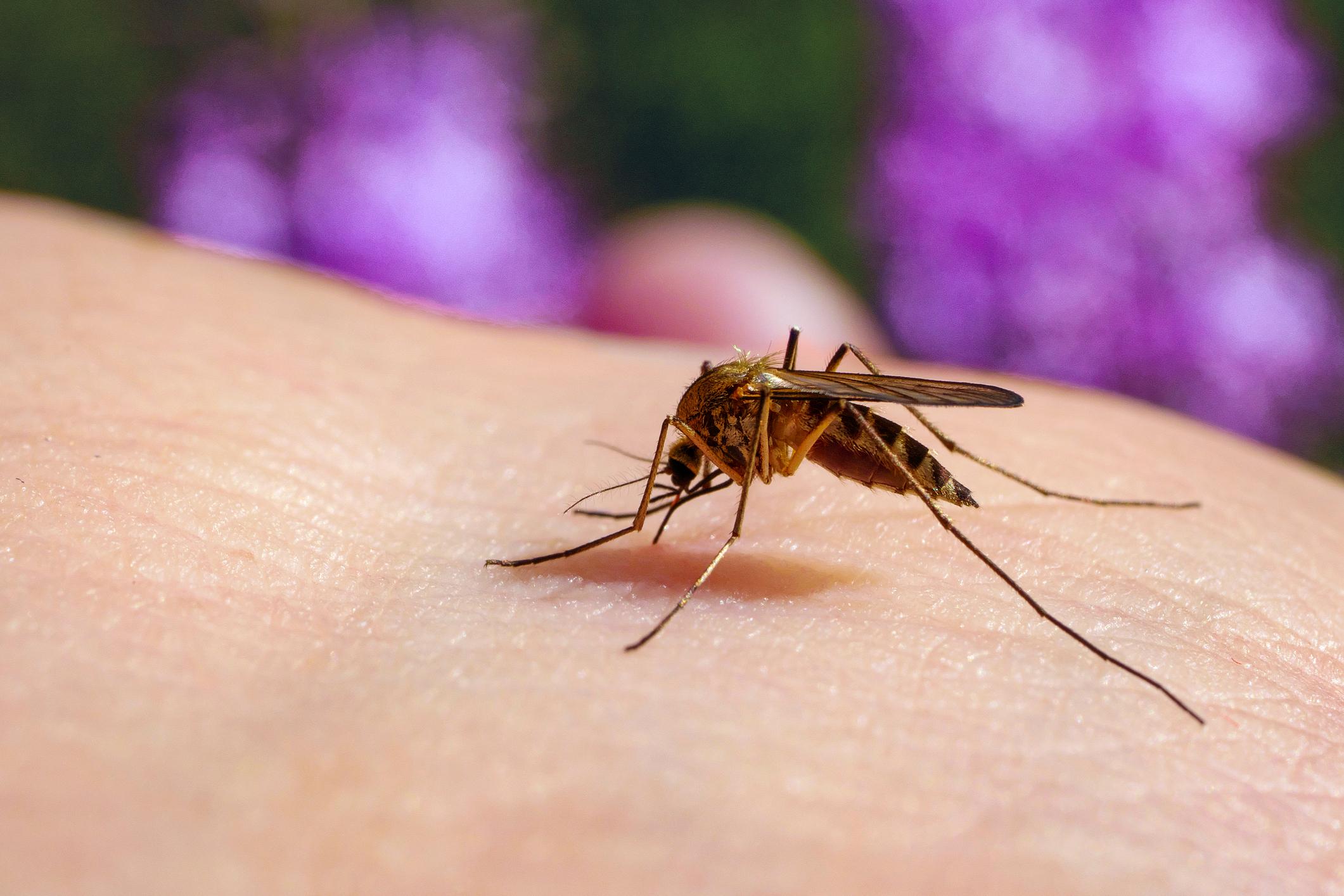Every weekend during the summer, Why Doctor offers you a series of medical stories based on clinical cases. This story centers on food poisoning, a condition resulting from eating food contaminated with bacteria, viruses, parasites, or toxins.

Once upon a sunny day, a group of friends, Marie, Jean, Sophie and Pierre, decided to enjoy a picnic outdoors. Everyone had prepared a delicious dish to share with the others. Marie had prepared a salad made up of lettuce, tomatoes and fresh cucumbers, Jean had prepared ham and cheese sandwiches, Sophie had prepared grilled vegetable skewers and Pierre had prepared a fruit tart with a crispy pastry.
All affected by different symptoms
They had settled down near a lake, had spread a large checkered tablecloth on the grass and had laid out the dishes carefully. Everything seemed perfect, and they were eager to enjoy their meal.
However, as they began to eat, they quickly noticed something odd. Marie complained of stomach aches, while Jean felt nauseous. Sophie began to have stomach cramps, and Pierre felt a burning sensation in his throat.
Worried, they looked at each other and realized they were all affected equally. They realized they were suffering from food poisoning.
Fever, diarrhoea, pain
Their symptoms worsened rapidly. Marie started to vomit and had a fever, Jean felt weak and confused, Sophie developed severe diarrhea and Pierre felt pain.
It turned out that the salad prepared by Marie was the probable source of the food poisoning. Tests revealed the presence of dangerous bacteria in the vegetables used, probably due to cross-contamination or improper handling during preparation.
Temporary sequelae
The friends spent several days in the hospital, under constant medical supervision. They received treatment to fight the bacterial infection and were put on a drip to fight the dehydration. The symptoms slowly subsided, but the effects of the food poisoning left temporary scars, such as fatigue and poor digestion.
After their recovery, the friends decided to further investigate the origin of the contaminated vegetables. They discovered that these came from a local producer whose hygiene standards were insufficient. They alerted the competent health authorities in order to avoid other similar cases.
The Doctor’s Debrief
Food poisoning is unfortunately quite common. They can occur as a result of eating food contaminated with bacteria, viruses, parasites or toxins.
Common causes of food poisoning include improper food handling, poor food preparation hygiene, cross-contamination, improper food storage, unsanitary production conditions, and more.
According to the World Health Organization (WHO), there are hundreds of millions of cases of food poisoning each year worldwide. The severity of these food poisonings can vary widely depending on a variety of factors, including the type of pathogen involved, the amount of contaminated food eaten, the general health of the affected person, and their individual susceptibility.
Some food poisoning can be relatively mild and resolve on its own within a few days, while others can lead to serious complications requiring hospitalization and intensive medical care.
Common symptoms of food poisoning
They can vary depending on the type of pathogen responsible for the infection and the individual susceptibility of the affected person. Here is a detailed description of the symptoms most commonly associated with food poisoning:
– Stomach aches : Stomach aches are often one of the first symptoms experienced during food poisoning. They can be mild to severe and manifest as abdominal pain, cramping, or bloated feelings.
– Nausea : Nausea is a feeling of discomfort in the stomach, often accompanied by the imminent feeling of vomiting. They can be mild to intense and can persist for a variable period.
– Vomiting : Vomiting can be triggered by nausea and occurs when the body tries to get rid of harmful substances in the stomach. They can be repetitive and lead to dehydration if the person cannot retain fluids.
– Diarrhea : Diarrhea is a common symptom of food poisoning. It is characterized by frequent, liquid stools often accompanied by abdominal cramps. Diarrhea can lead to dehydration if not treated properly.
– Abdominal cramps : Abdominal cramps are spasmodic pains felt in the abdominal region. They can be mild to severe and may be accompanied by other symptoms such as bloating and gas.
– Fever : Some foodborne infections can cause your body temperature to rise, causing a fever. The presence of fever may indicate a more serious infection requiring medical attention.
– General weakness : Food poisoning can cause you to feel generally weak and tired, making daily activities more difficult.
It is important to note that symptoms can vary from person to person, and some individuals may experience more severe symptoms or additional complications depending on their overall health and the severity of the infection.
If you have persistent or severe food poisoning symptoms, it is essential to consult a healthcare professional for an accurate diagnosis and to receive appropriate treatment.
Food poisoning: the different degrees of severity
Here are some examples of the severity of food poisoning associated with some common pathogens:
Salmonella : Salmonella infection can cause symptoms such as fever, severe diarrhea, abdominal cramps and vomiting. In most cases, the symptoms disappear within a few days to a week. However, in people with weakened immune systems, infants, the elderly, and individuals with chronic illnesses, the infection can spread to other parts of the body and become life-threatening.
Escherichia coli (E.coli) : Some strains of E. coli, such as the O157:H7 strain, can cause severe symptoms, including bloody diarrhea, severe abdominal pain, vomiting, and potentially life-threatening kidney failure. These infections can be especially dangerous in young children and immunocompromised people.
Listeria : Listeria infection, usually acquired by eating contaminated foods such as unpasteurized dairy products, processed meats and vegetables, can lead to a serious illness called listeriosis. Listeriosis can cause symptoms such as fever, headache, muscle aches, nausea and vomiting. In people at risk, such as pregnant women, the elderly, and immunocompromised individuals, listeriosis can lead to serious complications, including systemic infections and meningitis.
However, it is important to note that the majority of food poisonings are mild to moderate and resolve without major complications.
In these cases, symptoms usually resolve within a few days with adequate rest, sufficient hydration, and a light diet.
Precautions to take to avoid food poisoning
It is true that food poisoning can occur in a variety of settings, including at home, in restaurants, at public events, or even by consuming pre-packaged foods. Here are some more details about these situations and tips for preventing food poisoning:
At home : Food poisoning can occur when food is not handled, stored or cooked properly at home. Here are some important preventive measures to take:
Wash your hands thoroughly with soap and water before handling food.
Regularly clean work surfaces, cooking utensils and equipment to avoid cross-contamination.
Separate raw foods from cooked foods to prevent the spread of bacteria.
Store perishable foods in the refrigerator at appropriate temperatures to prevent the growth of bacteria.
Cook foods to safe temperatures to kill any pathogens present.
At the restaurant : Food poisoning can occur in restaurants due to improper food handling, cross-contamination or poor sanitation. Here are some tips for preventing food poisoning when eating out:
Choose reputable restaurants that value hygiene and food safety.
Make sure food is well cooked and hot before eating it.
Avoid raw or undercooked foods, such as rare meats, raw eggs, or raw seafood.
Report any hygiene issues or food concerns to restaurant staff.
At public events : At public events, such as festivals or food markets, it is important to be vigilant about food safety. Here are some tips to follow:
Choose food stalls that appear clean and well maintained.
Check if food is stored at appropriate temperatures.
Make sure food is well cooked and hot before eating it.
Beware of pre-packaged foods : Food poisoning can also occur from consuming pre-packaged foods that have been improperly stored or expired. To prevent food poisoning from prepackaged foods:
Check the expiry date before consuming prepackaged foods.
Make sure the packaging is intact and the food has not been exposed to adverse conditions.
By following these good food hygiene practices, you can greatly reduce the risk of food poisoning.















